The Skincare Buzz Ingredient You Need In Your Skin Routine
 Source: FashionStock.com/Shutterstock
Source: FashionStock.com/Shutterstock
Welcome to the “pep” talk. Today we’re dishing on peptides, the skin-loving proteins that belong in everybody’s skincare regimen. We’ve enlisted the help of two skincare experts who have kindly scrapped all the confusing jargon so we can actually understand exactly what peptides are, how they work, and why they’re so good for your face. Buckle up and break out the pom-poms.
What Peptides Are and How Do They Work
Before we dive into what peptides are, let’s do a quick briefer on our skin’s structural composition. Skin is comprised of three primary substances: water, fat, and proteins (which are built from amino acids that are arranged into long chains). Collagen, keratin, and elastin are proteins you’ll probably recognize, and each help maintain the structural integrity of our skin.
Unfortunately, UV rays, environmental pollutants, stress, and aging can degrade these amino acid protein chains. This results in fine lines, loss of elasticity and firmness, decreased vibrancy, and thinner skin. Here’s where topical peptides come into play.

“A peptide is a fragment of protein made from just a few amino acids linked together. They have the ability to penetrate through the skin barrier — deep into the live skin cells — and signal your cells to regenerate collagen and other proteins,” says Elina Fedotova, an award-winning cosmetic chemist, celebrity esthetician, and founder of her own line of skincare products.

Consider peptides mini-sized bosses with walkie-talkies who are sending out direct orders to your skin cells to replicate, repair, and rejuvenate. Fedotova says, “They definitely add anti-aging, deeply hydrating, and skin-restoring properties to any skincare formulation.”
Posts You'll Love:
Should You Be Using Peptides?
Given the reparative nature of peptides, they’re particularly ideal for anyone who’s concerned about signs of aging.
“Peptides fall into the same category as growth factors — which are molecules that we know turn on collagen production in the cell,” says Dr. Estee Williams, a board-certified dermatologist and professor of dermatology at Mount Sinai School of Medicine. “Because they aim to boost collagen, they are geared for adults over age 35 which is when aging really sets in.”
For the above reasons, peptides are arguably one of the most important ingredients for this category of people since they can help firm, hydrate, and rejuvenate. That said, peptides can still be super helpful for those under 35.
“Even younger people can benefit from peptides if they have unwanted brown spots as a result of sun exposure, or if they have acne-related scars,” says Fedotova. “Peptides have the ability to speed up the healing and restoring process of their skin.”
Because peptides aren’t an exfoliating ingredient — like AHAs, BHAs, or retinol — overuse isn’t likely. You can use them on a daily basis if you’d like, and many people do. Fedotova recommends using a product formulated with peptides at least once or twice a week.
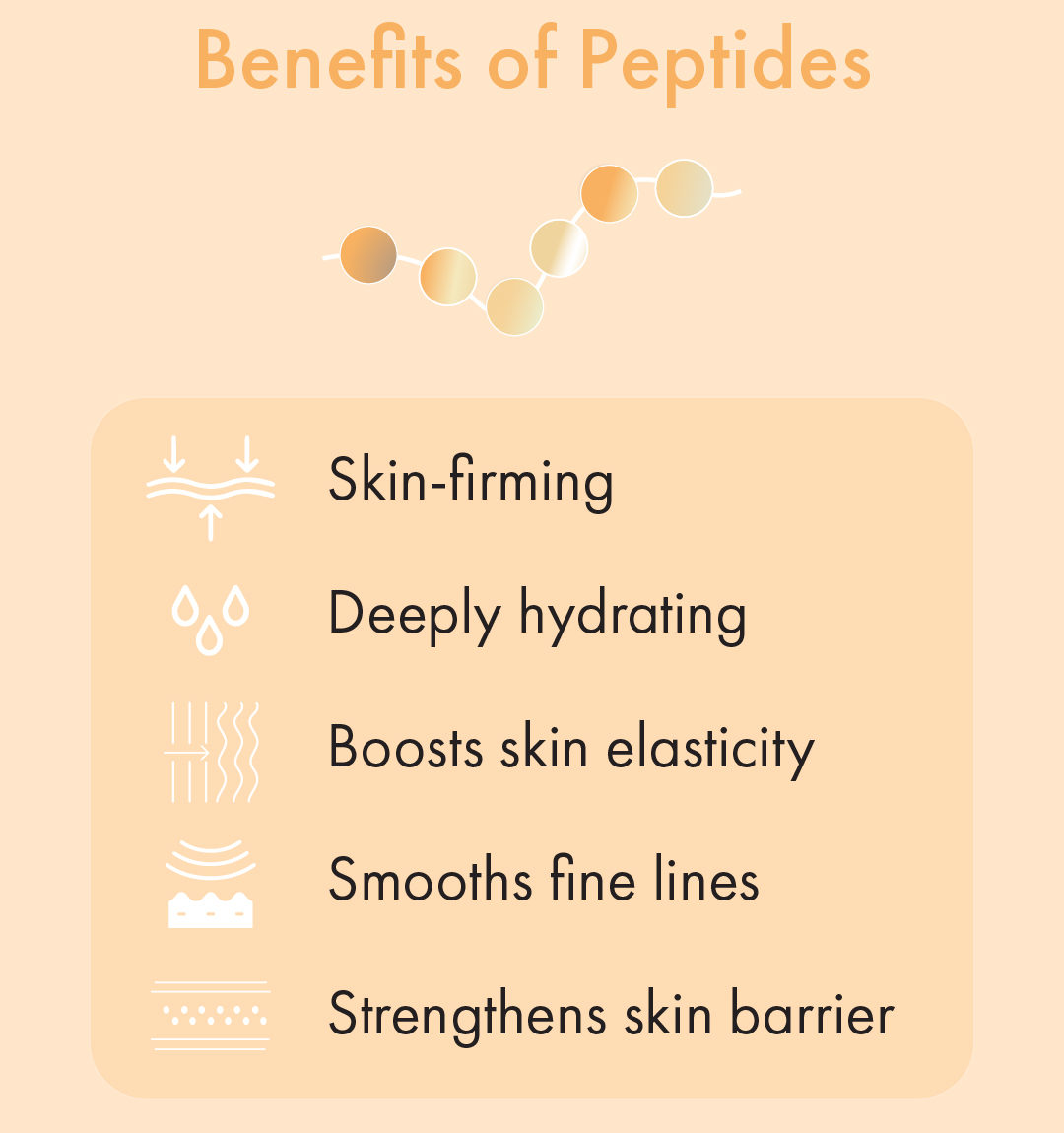
What to know:
When shopping, we recommend doing a bit of research to make sure the product claims have some scientific backup. As with any skincare product, subpar formulations do exist.
Dr. William notes, “Since the bulk of skin aging takes place in the dermis, which is just below the epidermis where fibroblasts manufacture collagen, it would be necessary for a peptide product to prove that it can penetrate and reach the dermis.”
Also, we want to stress that peptides aren’t a replacement for other essentials in your skincare routine, like retinol or SPF.
“An optimized ‘anti-aging’ skincare routine for an adult patient with normal skin contains the following products, in order of importance: sunscreen with SPF30 or higher, a moisturizer with ceramides, glycerin, or dimethicone toward the top of the list, a topical retinoid product at night (applied first), and an antioxidant serum in the morning (applied first),” says Dr. Williams. “These are the basics of an anti-aging skincare regimen based on the ingredients that have the most scientific data supporting their use.”
Peptide Skincare Recommendations:
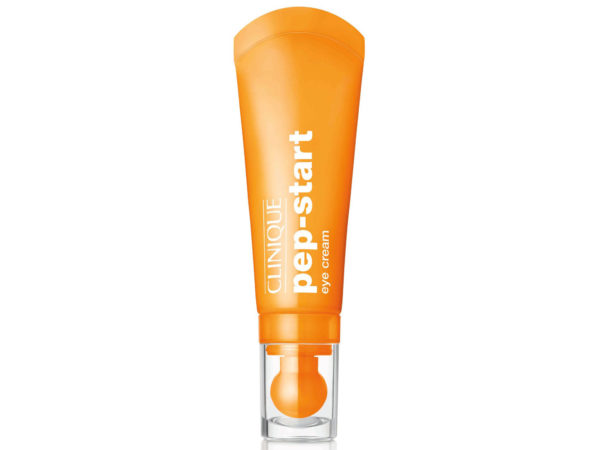 Source: Clinique
Source: Clinique
Clinique Pep Start Eye Cream, $26.50: “This product has a blend of peptides that have been studied and shown to improve the eye area, including TGF-beta1 (derived from whey protein), hexapeptide-12, and hexapeptide-8. These are strong collagen and elastin inducers,” says Dr. Williams.
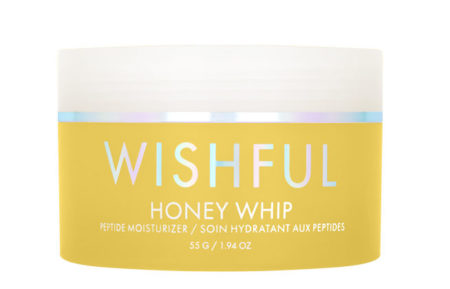
Honey Whip Peptide Moisturizer, $43: Loaded with powerful natural extracts like manuka honey and cica, and potent actives, peptides and collagen, this rich-but-lightweight whipped cream moisturizer helps to firm, lift, repair, AND plump the skin, as well as reduce redness and even out your complexion. Read more about it here.
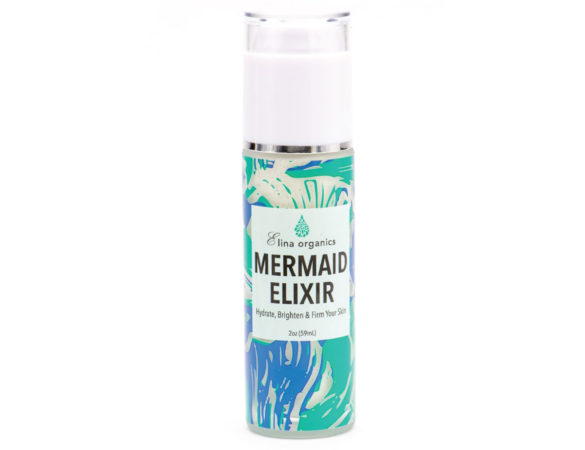 Source: Elina Organics
Source: Elina Organics
Elina Organics Mermaid Elixir, $78: If natural and organic skincare is your thing, Fedotova recommends this hydrating, brightening, and firming elixir. It’s formulated with natural peptides, vegan hyaluronic acid, and marine collagen along with azelaic acid and seawater pearls.
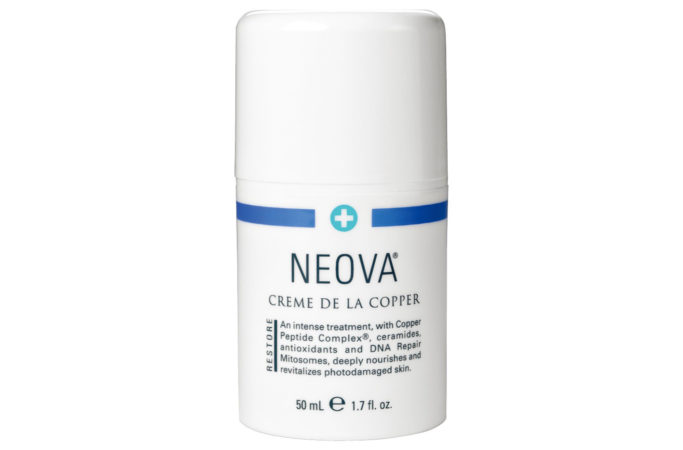 Source: Neova
Source: Neova
Neova Creme de la Copper, $110: “This nighttime moisturizer is strong enough for dry or mature skin and contains a patented copper peptide complex,” says Dr. Williams. “My patients love this for wintertime especially.”
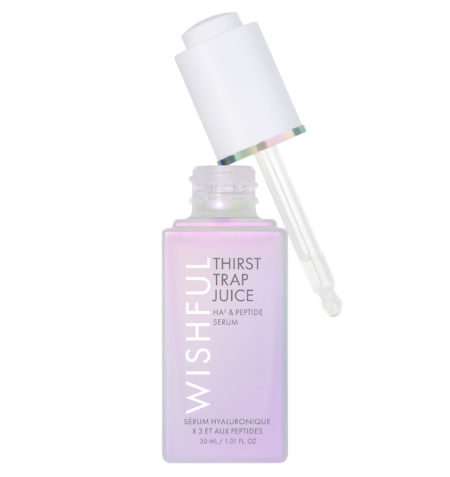
WISHFUL Thirst Trap Juice HA3 & Peptide Serum, $47: This powerful peptide serum packs a punch with three types of hyaluronic acid, brightening niacinamide, and of course, skin-plumping peptides. With continued use, you’ll be sure to see firmer, bouncier, and glowier skin. Read more about it here.
Have you been using peptides? Think you’ll incorporate them into your routine? We want to hear all about it in the comments below.
Disclaimer: Every product we review has been independently selected and tested without bias by our editorial team. We never take payment to review products, however, some brands allow affiliate links, so we may earn a commission if you purchase a product by clicking on one of our links.





















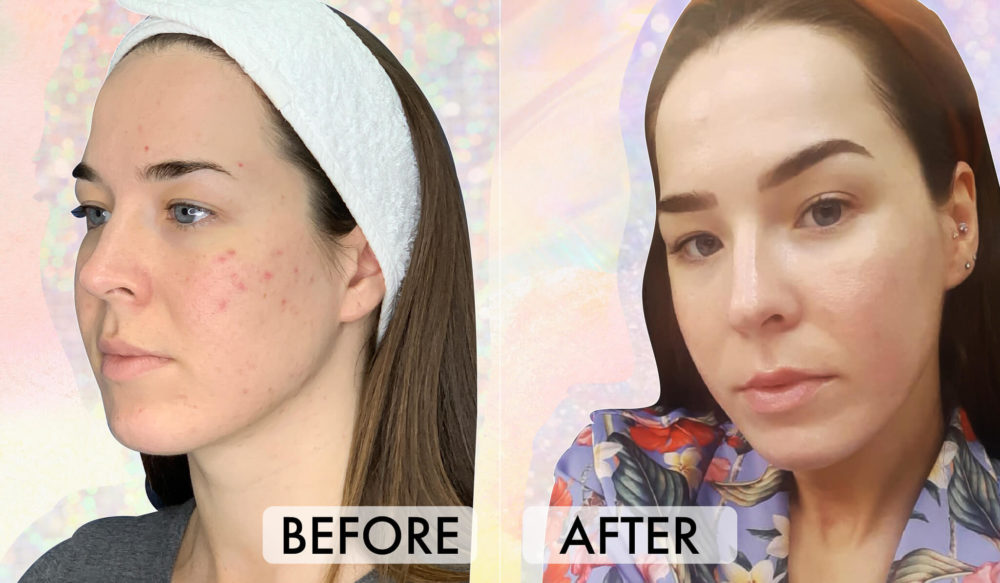

Leave a comment